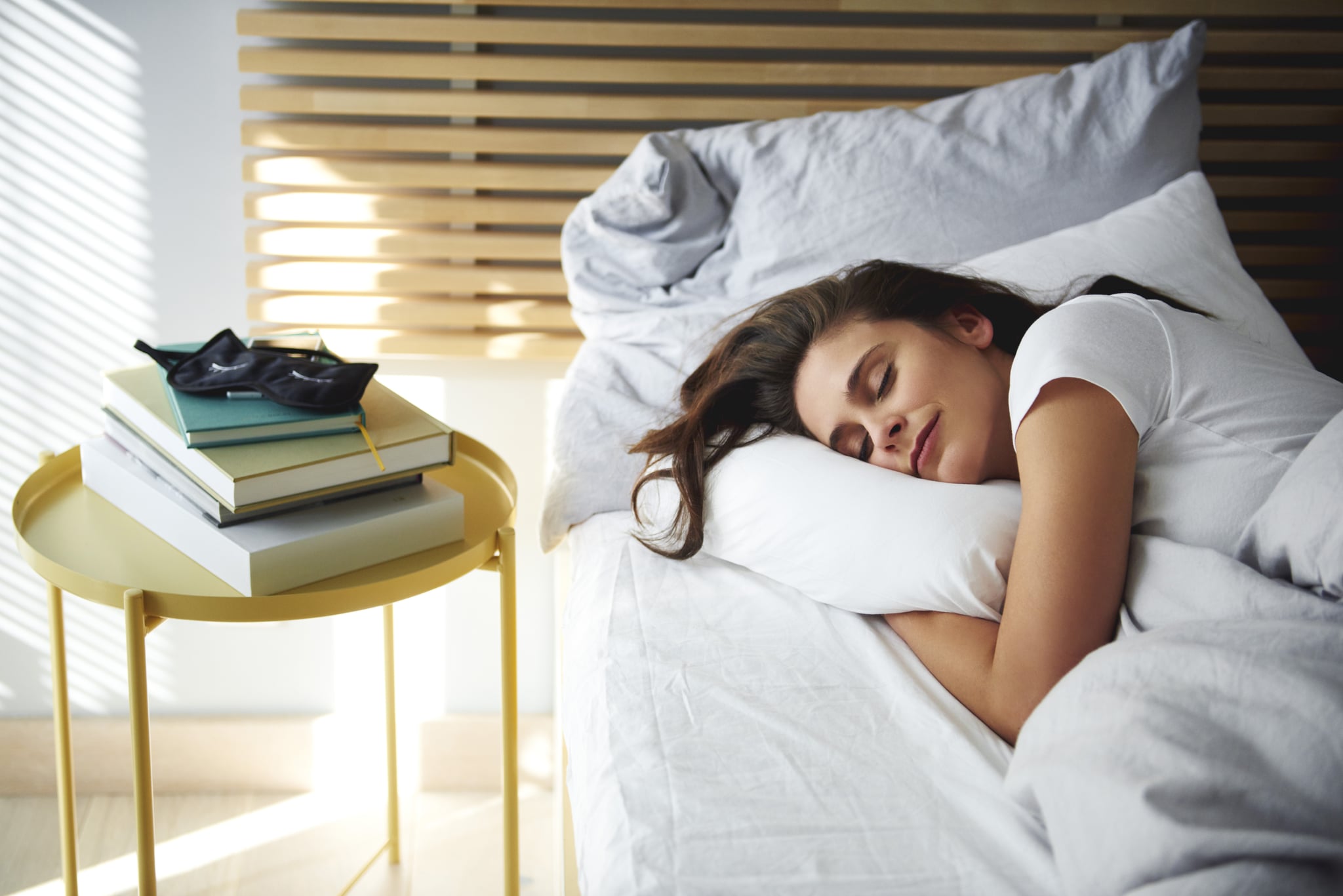Falling Asleep to Music Has Multiple Benefits
Falling Asleep to Music Has Multiple Benefits — Here’s How to Pick the Right Track

If "Landslide" by Fleetwood Mac makes you drowsier than a few sips of chamomile tea, then science fully supports it being your sleep anthem — despite the myth that falling asleep to music is counterproductive to your needed eight hours of rest.
Jennifer Mundt, Ph.D., a certified sleep psychologist at the Northwestern Medicine Sleep Disorders Centre, confirms that there's nothing inherently healthy or unhealthy about falling asleep to music.
"Your musical tastes and preferences are most important, as well as how music affects you," Mundt elaborates. "The key is to make sure that [the music] does not actually interfere with you falling asleep or staying asleep."
For some, that may mean pausing the heavy metal and tuning into a softer melody; there is no one-size-fits-all recipe for getting some shut-eye. Mundt does suggest calming, relaxing, and mindless songs, though — it's best to avoid soundtracks that could cause emotional responses or trigger thoughts.
Along with a specially-curated sleep playlist, she advocates for setting an automatic timer on your phone — this way your REM cycle won't be disrupted by a shift in genre after you've dozed off.
Mundt isn't the only one in support of a good nighttime queue. According to Sleepadvisory.org, falling asleep to music can impact you the same way a lullaby would a child: "If listening to background noise becomes a part of your nightly routine, the positive effects can multiply."
Consistently listening to a soothing melody will not only relax you, but it'll train your body that soft music is a signal for rest.
The site even claims music between 60 to 80 BPM (think "Someone Like You" by Adele and "I'm Yours" by Jason Mraz) are in the sleepy sweet spot, as they closely match our resting heart rate and soothe on a biological level.
Michael J Breus, Ph.D., backs this idea in an article entitled "The Many Health and Sleep Benefits Of Music" for Psychology Today, stating that calming music can also trigger sleep-friendly hormones such as serotonin and oxytocin while reducing sleep-stifling hormones like cortisol.
Now that we've busted that bedtime myth, you can catch me cocooned in my weighted blanket, eye mask on, humming along to Stevie Knicks — kindly do not disturb.
Click here for more health and wellness stories, tips, and news.


